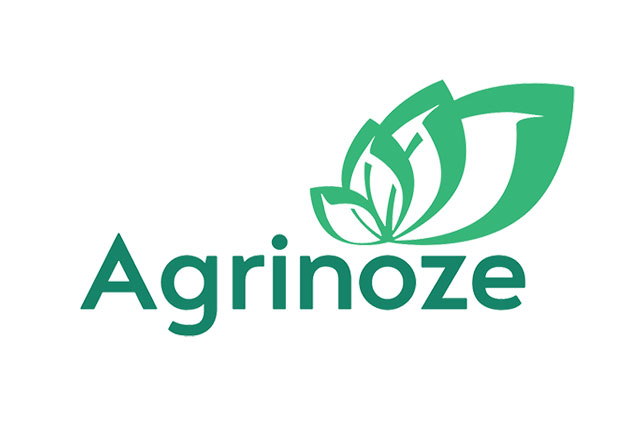
Uzbekistan Tests AGRINOZE’s “Water on Demand” Irrigation System
Uzbekistan Tests AGRINOZE’s “Water on Demand” Irrigation System
Tashkent, Uzbekistan (UzDaily.com) — Nearly one in ten people worldwide lack adequate food, and 3.1 billion cannot afford a healthy diet. Over the past decade, global food prices have risen by about 20% annually, while fertilizer costs in some regions have surged by as much as 300%. Intensifying droughts and water scarcity, driven by climate change, have only worsened the situation.
According to the World Resources Institute, by 2050 humanity will need to produce 50% more food without expanding agricultural land. Achieving this and ensuring global food security will require profound reforms in agricultural production and environmental management.
In response, the Israeli company AGRINOZE has developed an advanced precision irrigation system — already being tested in Uzbekistan — designed to dramatically reduce water and fertilizer waste while boosting crop yields.
AGRINOZE co-founder and CEO Erez Feit says the global agri-food system has relied too long on “outdated growing methods” that waste resources and fail to meet plants’ real needs. Farmers, he notes, often irrigate “at the wrong time, in the wrong place, and in the wrong amount.”
How It Works
Sensors placed in the soil and root zones collect real-time data on soil moisture, climate, and plant conditions. This data is analyzed by a machine-learning algorithm that determines the optimal irrigation point for each field. The system then automatically distributes water and nutrients through drip lines — without runoff.
AGRINOZE calls this method “Water on Demand”, providing crops exactly what they need, when they need it. Tested by more than 150 farmers worldwide, the technology has reportedly increased yields by up to 300% while reducing water usage by 30–60%, sometimes eliminating fertilizer use entirely.
Feit explains: “Precision irrigation significantly boosts agricultural efficiency and profitability while cutting costs. Though the technology may seem expensive at first, in the long run farmers save big — they produce more and spend less on water and fertilizers.”
From Israel to Uzbekistan
In California — one of the world’s driest agricultural regions — AGRINOZE’s system helped almond and grape farms cut water use by 65% with equal or better yields.
Uzbekistan, which has long cooperated with Israel in agricultural innovation and drip irrigation, is now testing AGRINOZE’s AI-powered system in several regions. The technology is especially valuable in Karakalpakstan, where desertification, salinized groundwater, and the legacy of the Aral Sea disaster have made water management critical.
At a two-hectare pilot site of the Rice Research Institute in Nukus district, water consumption was halved while maintaining the same yields — and without any fertilizer use. In 2026, the project will expand to 10 hectares with denser planting to further increase productivity.
AI-Driven Sustainability
The system’s self-learning AI adapts irrigation to different goals — improving crop resilience to drought and salinity, reducing weeds, or maximizing yields. Beyond agriculture, experts believe such technologies could also support anti-desertification efforts, reforestation on the dried Aral Sea bed, and broader ecological restoration.
With agriculture consuming nearly 90% of Uzbekistan’s water, and much of it lost through outdated open-channel irrigation, modern Israeli technologies like AGRINOZE’s “Water on Demand” could transform efficiency, resilience, and sustainability across the sector.
In essence, adopting these innovations is not merely a technical upgrade — it’s a strategic investment in Uzbekistan’s water future, agricultural stability, and long-term ecological security.